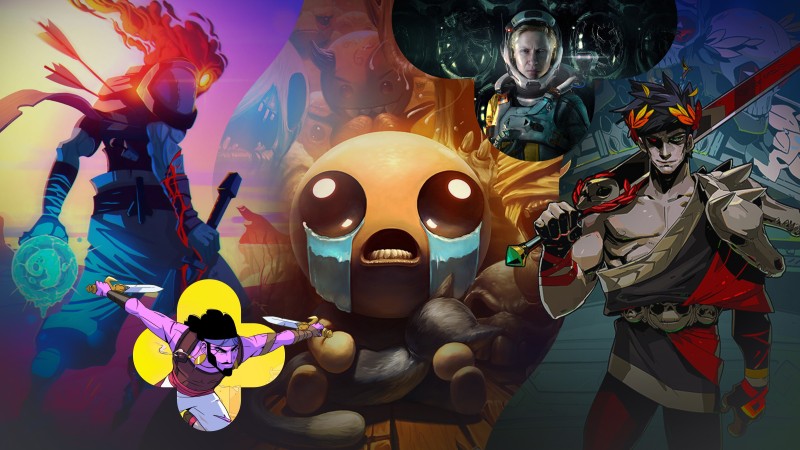At the International Roguelike Development Conference 2008 held in Berlin, Germany, players and developers established a definition for roguelikes known as the “Berlin Interpretation”.
These guys have extremely strict definitions, which mean that most “rougelike” games are in fact roguelites, if you care about what they think.
There are nine “high value” factors that are more or less a requirement:
Random Environment Generation
Permadeath
Turn-Based
Grid-Based
Non-Modal
Complexity
Resource Management
‘Hack-n-Slash’
Exploration and DiscoveryPlus six “low value” factors that are less important:
Single Player Character
Monsters are Similar to Players
Tactical Challenge
ASCII Display
Dungeons
NumbersThere is, as you might expect, a fair bit of controversy about that though.
Yeah, a big shift in the definition happened with the roguelike hype in the 2010s, spearheaded by The Binding of Isaac, FTL etc… It wasn’t as controversial back in 2008.
For all but the most stubborn purists, that definition has sort of retreated to the more specific term “traditional roguelike”, letting the roguelike/roguelite distinction be about meta progression.
Although I agree with the author of this article that the terms are somewhat muddied, even in their more generally accepted definitions, by the fact that it’s hard to draw the line for when unlockables can be considered “permanent progression”.
Although I have many gripes with the terms in general and how they’re used, I’m of the opinion that it is clear enough for there to be a distinction; if all of the unlockables in a roguelike game are sidegrades, or merely more options without inherent strength over other options that are unlocked from the start, then it still counts as a roguelike.
Though admittedly, this can be a bit blurry too… it would be pretty easy to argue that some unlockables in games like these are more powerful than other options, especially because it’s very hard to put an objective “power level” on an item in a roguelike. Also, one could argue that merely having more options makes the game easier, thus it counts as permanent upward progression.
Yet regardless, the article’s attempt to coin the term “rogues” as the all-encompassing sub-genre/game mechanic name absolutely won’t catch on, and the differentiation between the terms does have a lot of value for people trying to determine whether or not they will enjoy a particular game, even if the line can be a little blurry.
Here’s a relevant video that I enjoyed by Game Maker’s Toolkit that focuses on the main mechanical differences between the two designs, from a very broad and practical overview, definitely recommend watching it if you’re interested in this sort of thing
https://www.youtube.com/watch?v=G9FB5R4wVno
Here’s another tangentially related video by Chariot Rider about roguelike progression in particular, which I also found interesting, although less relevant to this discussion
https://www.youtube.com/watch?v=yOfgUFx9RkU
Even more tangentially, here’s a fun video by Lextorias about confusing or controversial game genres (well… game genres in general) and it has a big section about the distinction between roguelikes and roguelites
I don’t think I’ve seen that particular video, but just wanted to chime in with a general endorsement of Game Makers Toolkit. Absolutely superb channel, highly recommended not just for game makers but for anyone interested in the mechanics and general nuts-and-bolts of gaming.
Here is an alternative Piped link(s):
https://www.piped.video/watch?v=G9FB5R4wVno
https://www.piped.video/watch?v=yOfgUFx9RkU
https://www.piped.video/watch?v=5zrxN3_JHy0
Piped is a privacy-respecting open-source alternative frontend to YouTube.
I’m open-source; check me out at GitHub.
If turning into a lich is desirable then it is rogue-like
New sub-subgenre: Rogue-Lichen
Metaprogressionsystems
EDIT: was meant as reply to another comment.
People get angry when you call something a roguelike
Roguelike is getting a random brand new dessert from a wide variety of desserts and not knowing whether you will get the same one next time. Roguelite is getting a vanilla cone ice cream, and each time you get the same vanilla cone ice cream but more options for toppings.









